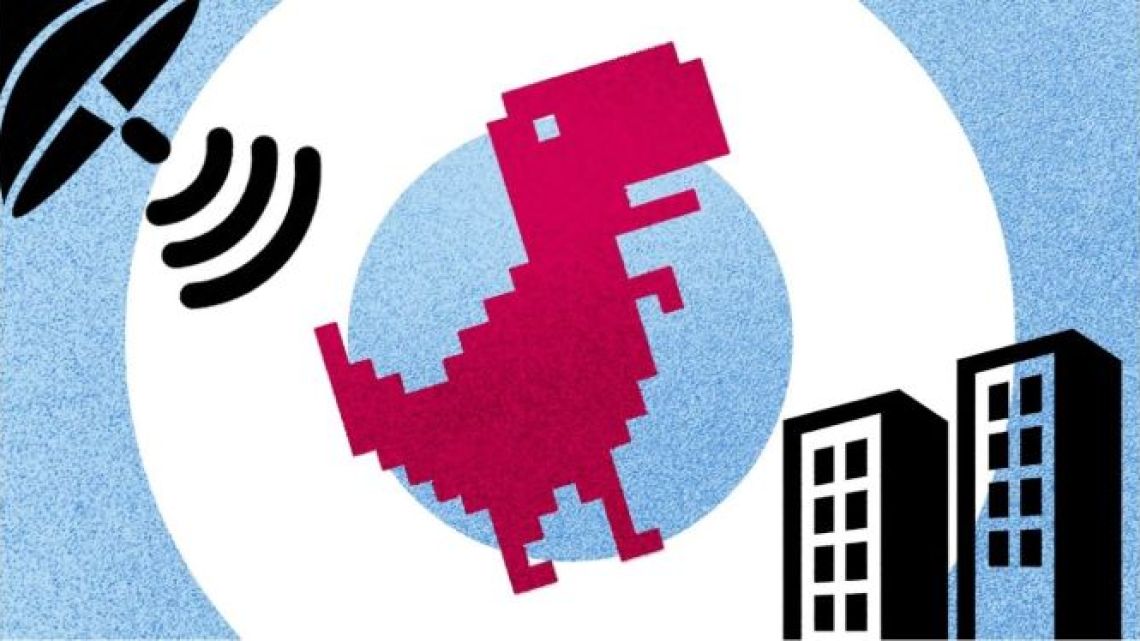I just think the constant flow of comments on how terrible argentina is dont take the rest of the world into account. My experience in rural USA is that the relevant providers, usually phone companies, will report that the county has such and such a speed. But in reality, huge swaths of the US have one or fewer choices, and the speeds for most of any given are absymally slow, while the few bigger towns have a decent speed, and they "average" the result. Many addresses dont get any service, but counting the towns, the average percentage seems not too bad. My tenant, on my farm, recently wanted more than 8mbs, and was kindly told that for a measly $500 USD per MONTH! , with a 3 year commitment, they would hook her up to fiber optic. This is an hour and a half drive from the Microsoft headquarters. So I think the reality is, that while Holland or Korea actually has 21st century internet, most of the world, including the USA, South America, and big swaths of Africa and Asia, have cell phone hot spots or nothing.
And the pandemic has really brought this to a lot of peoples attention. I have several friends who teach high school around rural areas of my state. All of them report big percentages of their students with zero internet access, who had to go to libraries, or the parking lots of coffee bars, often driving ten or twenty miles to do it.
My internet in Buenos Aires is pretty crappy- usually about 6mbs with fibertel. Enough to watch a movie, not enough to do any kind of online business. Argentina certainly has a long way to go.
The countries with decent internet service, almost universally, have goverment owned or mandated service, as opposed to "free enterprise". This is the same story as with the history of rural electricity in many countries- if the government doesnt do it, huge areas of low population density dont get it- see, for example, Texas in the 1940s. One of the reasons Lyndon Johnson became a Senator, and, eventually, President, was his work on rural electrification and government subsidies thereof.

